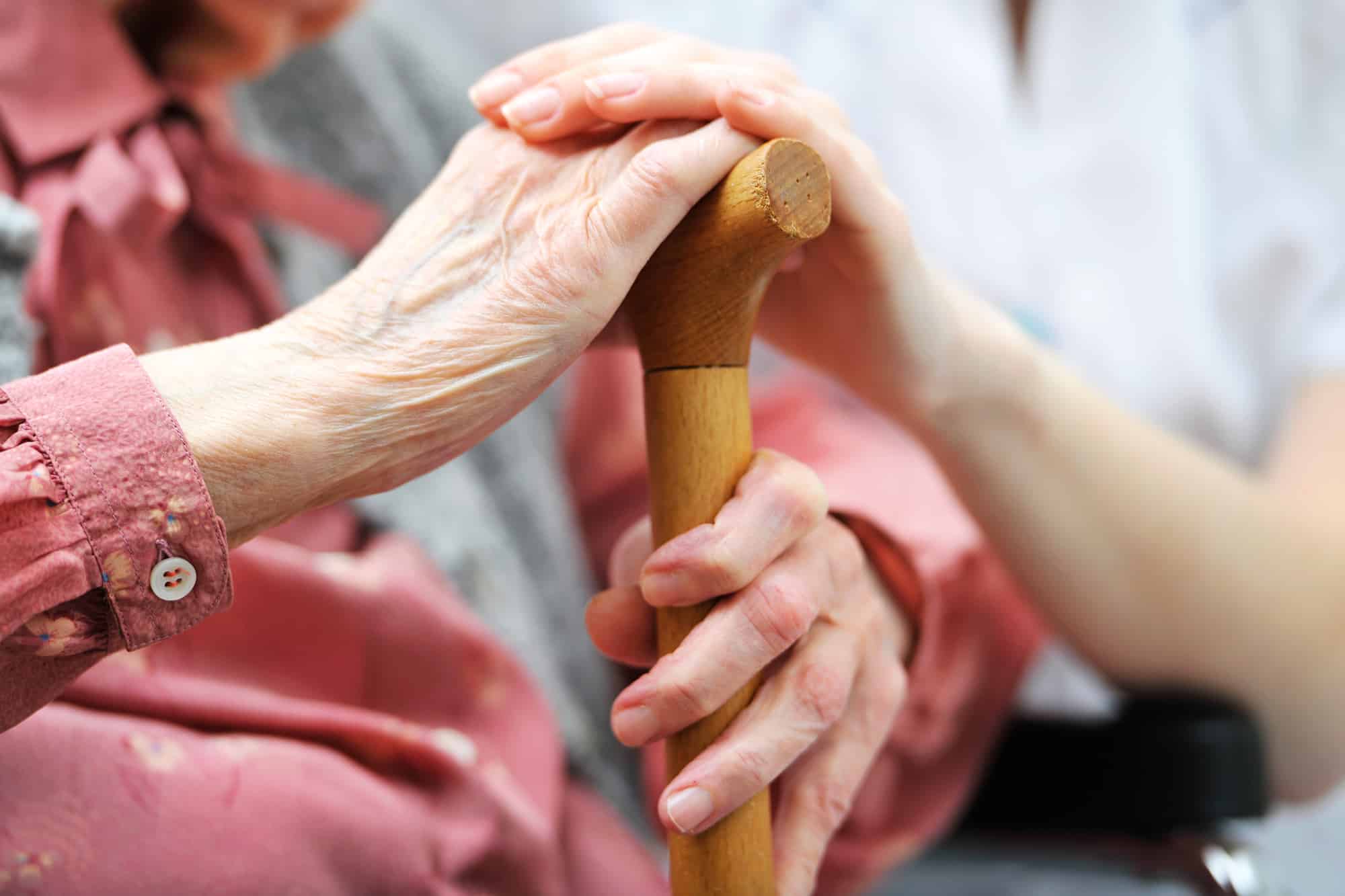Home Health Care Orlando Florida: Relied On and Trusted Health Care in the house
Home Health Care Orlando Florida: Relied On and Trusted Health Care in the house
Blog Article
Key Considerations for Family Members When Picking Appropriate Senior Care Solutions for Their Aging Relatives
Choosing ideal elderly care solutions for maturing loved ones is a nuanced process that needs cautious factor to consider of several variables. The assessment of readily available treatment optionsâEUR" ranging from in-home assistance to specialized facilitiesâEUR" should be stabilized with an understanding of economic implications and safety and security concerns.
Assessing Individual Requirements

Additionally, emotional and social demands play a substantial duty in the wellness of elders. An evaluation should think about the individual's wish for social interaction, pastimes, and support group. Family characteristics and the accessibility of informal caretakers must likewise be factored into the formula, as they can influence the sort of care that is most ideal.
Evaluating Care Options

In-home care offers the advantage of familiar environments and individualized interest, which can improve comfort and psychological well-being. On the other hand, aided living centers provide an organized setting with accessibility to on-site treatment and social tasks, fostering area interaction. Assisted living facility accommodate those requiring extensive clinical guidance, while grown-up daycare programs permit elders to take part in social activities throughout the day, offering break for family caregivers.
It is vital to evaluate the staff qualifications, center licensing, and offered solutions in each choice. In addition, households need to look for responses from present residents or clients and evaluate the overall track record of the care service providers. Ultimately, choosing the appropriate care alternative is a crucial choice that must mirror a balance in between the senior's requirements, safety, and lifestyle.
Understanding Prices and Spending Plan
Browsing the economic landscape of elderly treatment can be complicated, as numerous choices featured differing expenses that can substantially affect a family's budget. Comprehending these expenses is vital for families to make enlightened decisions relating to look after their aging relatives.
Common senior treatment options include in-home care, aided living centers, and assisted living home, each with its own rates structure. In-home treatment normally charges by the hour, while helped living frequently involves regular monthly rental fee plus additional service charge. Assisted living facility usually have greater fees as a result of the extensive treatment provided. It is vital to take into consideration not only the base costs yet additionally any kind of surprise charges that might occur.
Producing a detailed spending plan that outlines expected expenses can help households recognize the most suitable care option while guaranteeing they remain within their economic methods. By comprehensively understanding the prices connected with each alternative, households can much better navigate this important element of senior care planning.
Ensuring Safety and Protection
Making certain the safety and security of senior citizens is vital in any type of treatment setting, as their susceptability frequently requires heightened attention and safety steps. Households should analyze the physical setting of prospective treatment centers, looking respite care orlando florida for attributes such as safe entries, well-lit corridors, and obtainable emergency situation exits. Furthermore, the visibility of security equipment, such as grab bars and non-slip flooring, can substantially minimize the threat of accidents.
Background checks on employees likewise make certain that homeowners are cared for by reliable individuals. Monitoring systems, personal emergency response systems (PERS), and fall discovery devices offer tranquility of mind for family members and prompt assistance for seniors.
Last but not least, open interaction networks in between families and care service providers are crucial. Routine updates concerning the wellness of elders, together with a clear strategy to care strategies, can promote trust and make certain that safety and security stays a main emphasis in the treatment supplied. By prioritizing these aspects, family members can make informed decisions that secure their aging family members.
Involving Household in Decision-Making

Family members must start by openly connecting concerning the various care services available, such as in-home care, aided living, or nursing facilities. It is necessary to evaluate the certain needs of the aging family member, including clinical requirements, movement, and social engagement. By including all pertinent member of the family, various perspectives and understandings can be gathered, resulting in more enlightened choices.
Furthermore, family members participation assists in identifying prospective caretakers and developing a support network. Normal family members meetings can promote recurring conversations and adaptations as requirements transform, allowing family members to stay responsive to the developing scenarios of their loved one. Inevitably, a joint decision-making process motivates a feeling of shared responsibility and ensures that the chosen treatment remedy aligns with the household's vision for their aging family member's health and self-respect.
Conclusion
Finally, picking suitable senior care options necessitates a thorough assessment of specific needs, available care alternatives, and linked prices. Prioritizing safety and security within the living environment and cultivating family members involvement in decision-making processes further boosts the performance of treatment. By straightening care selections with the aging relative's medical background, psychological requirements, and personal choices, family members can create a helpful network that promotes well-being and dignified living for their liked ones in their later years.
Report this page